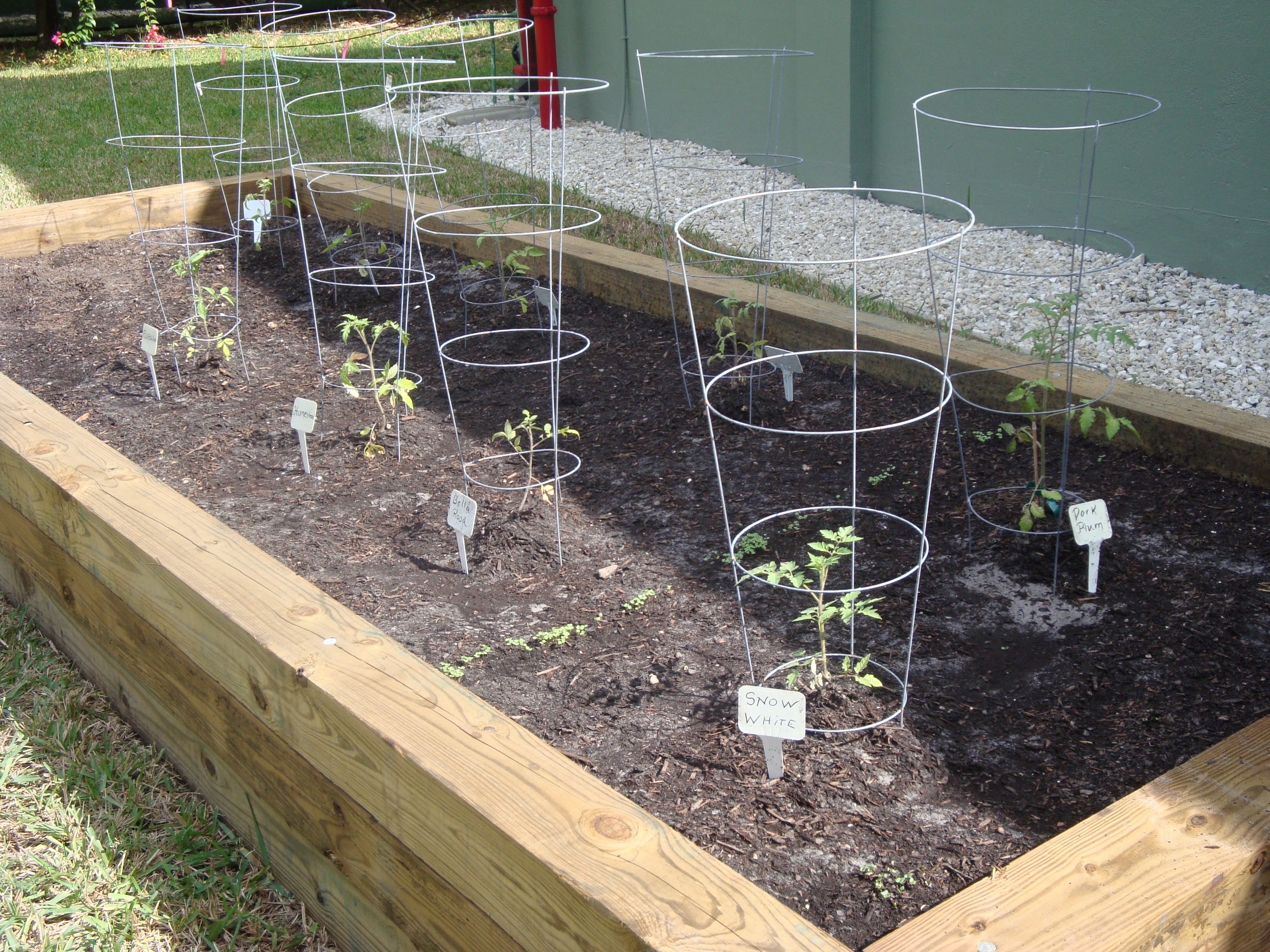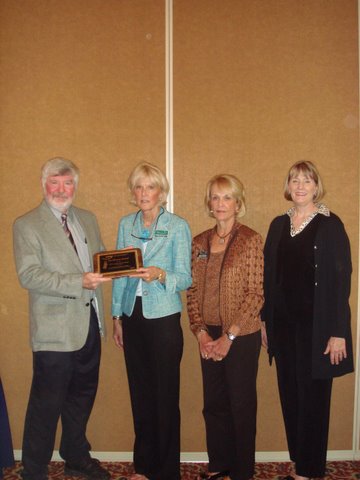You Say Tomato, Part II

In the September Estates blog post, You Say Tomato, I Say…, I discussed how to start tomato plants. Already, the tomatoes are sprouting and are big enough to leave the greenhouse flats. They are now in 4” pots and available for purchase.
Many people don’t realize, but the tomato is actually a fruit. They are low in fat and packed with fiber, Lycopene, Vitamin C, Vitamin A, Potassium, Iron, Calcium, and Folate.
When you plant the varieties of tomatoes I have chosen for our Florida climate (Bella Rosa, Floralina, Homestead, Florida Basket, Snow White, and Cherokee Purple) there are some techniques you should employ to increase your chance of success:
- Plant in raised beds, mounds, containers, or buckets with holes drilled for drainage
- Use the best good draining soil possible
- Place in full sun
- Water when the soil is dry
- Incorporate organic fertilizers
- Insert a tomato cage
Tomatoes are what you call “heavy feeders,” needing a balanced fertilizer throughout the growing season (September through April). The Estates uses worm castings, sea kelp, fish emulsion, bone meal, and Espoma brand fertilizer on ours. We spray a soap solution once a week to keep insects at bay, and hand- pick the caterpillars off the leaves. Tom’s Plant Soap is available in the Estates Museum Store. Other insecticides include neem oil, hot pepper spray, and pyrethroids. As always read the label directions. Beware of blossom end rot (caused by a calcium deficiency) and fungal diseases, such as early blight and light blight (soil borne fungi). Copper fungicide is labeled for tomatoes and can help control fungal diseases.
Cultural practices highly affect the outcome of tomatoes. Hand watering at the root zone or using drip irrigation in the morning hours can help prevent withering. Wetting the soil roots rather than the foliage decreases the chances of fungal diseases. Put dead leaves and rotting fruit in your regular garbage (you don’t want to risk contaminating your compost). High nitrogen fertilizer should be avoided as well.
You can purchase Estates sprouted tomato plants, fertilizers, insecticides, and fungicides at the Estates Garden Shoppe, open daily from 9AM-5PM, or at the Downtown Farmers Market on Thursdays from 7AM-2PM. We will keep you posted on the progress of our tomato plants.
Edison & Ford Winter Estates Honored with Award from Travel Writers for Conservation and Preservation
 The Edison and Ford Winter Estates received the Society of American Travel Writers (SATW) 2009 Phoenix Award at a reception at the Royal Palm Yacht Club, in Fort Myers, Florida on November 18, 2009. The SATW Phoenix Awards recognize organizations actively involved in conservation, preservation and beautification that further the growth and appeal of North American travel destinations. SATW President, Timothy O’Keefe, presented the award.
The Edison and Ford Winter Estates received the Society of American Travel Writers (SATW) 2009 Phoenix Award at a reception at the Royal Palm Yacht Club, in Fort Myers, Florida on November 18, 2009. The SATW Phoenix Awards recognize organizations actively involved in conservation, preservation and beautification that further the growth and appeal of North American travel destinations. SATW President, Timothy O’Keefe, presented the award.
The annual award, given since 1969, is to recognize individuals or organizations actively involved in conservation, preservation, beautification and anti-pollution campaigns that further the growth and appeal of North American travel destinations. The SATW is a non-profit professional association that works to promote responsible travel journalism and to provide professional support for its members.
The Estates was nominated by Laurie Borman, SATW past president. Borman said, “I saw an inspiring place where visitors can peek into the lives of two American geniuses. These homes bring to life the exciting times and lifestyles of the 1920’s, as well as provide a compelling attraction to downtown Fort Myers. I also visited the homes as a child on vacation, so it was especially gratifying to see that this treasure has been preserved for future generations to appreciate.”
Chris Pendleton, president & CEO of the Edison and Ford Winter Estates accepted the award and said, “We are grateful to the Society of American Travel Writers for this honor. The Estates staff and Board of Trustees are proud of the newly completed $12 million restoration and will continue to preserve this national historic treasure to provide visitors with a unique historical, scientific, educational and cultural experience.”
For 2009 a total of five Phoenix Awards were designated, the others being, Journey Through Hallowed Ground, Waterford, Virginia; World Bird Center, McAllen, Texas; Gerding Theater at the Armory, Portland, Oregon; and Main Huts and Trails, Kingsfield, Maine.